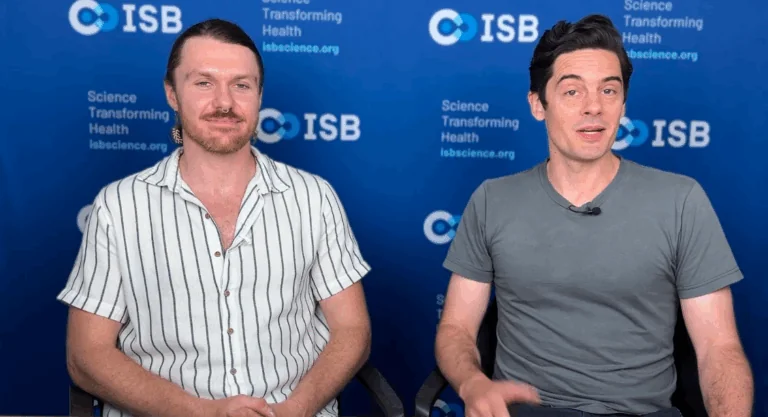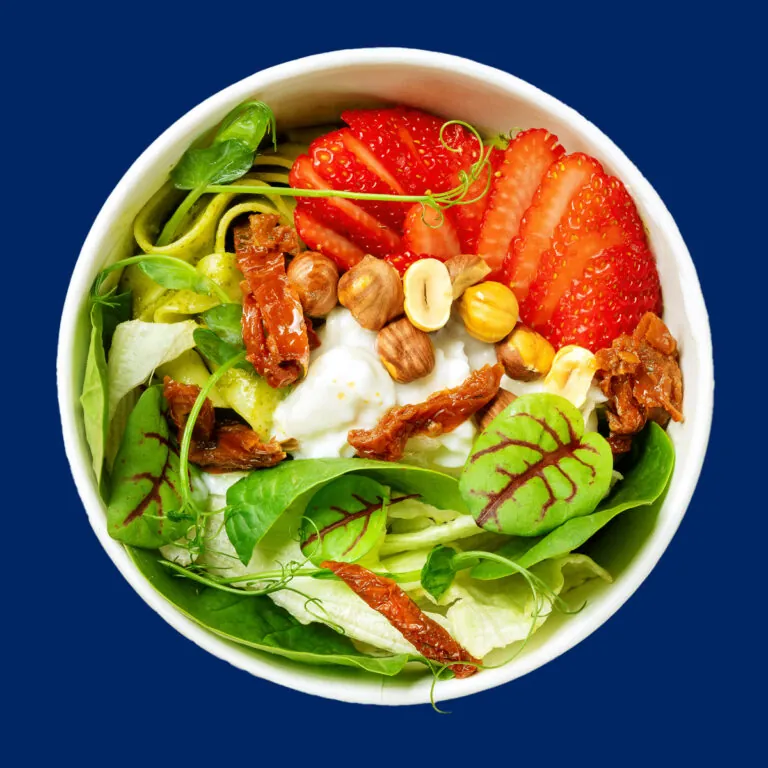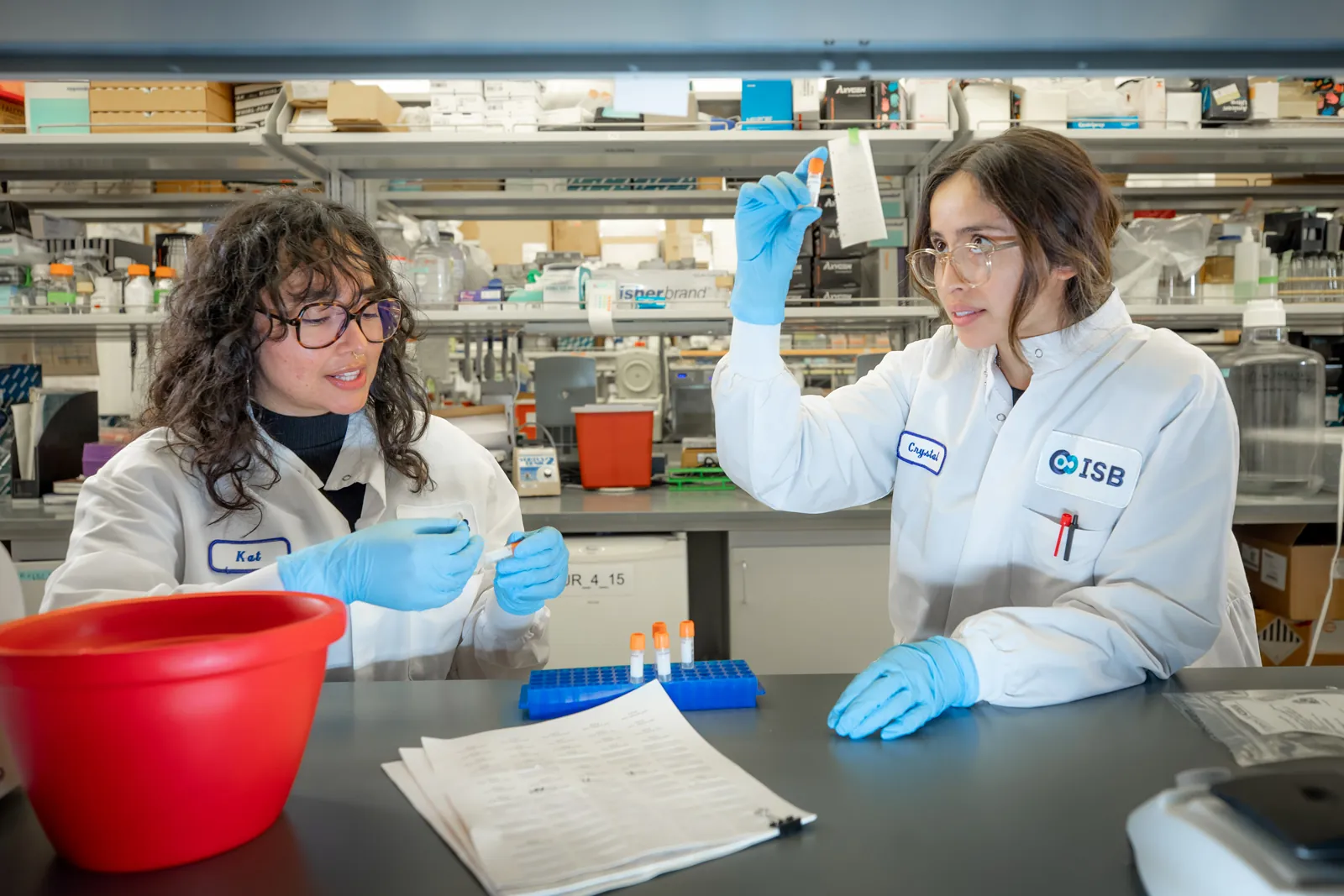
Disarming a Hidden Killer: Predicting – and Preventing – C. diff Before It Strikes
Researchers at ISB have developed personalized models to predict C. diff colonization risk and test targeted probiotics. This approach could prevent infection before it starts and paves the way for precision microbiome therapies tailored to individual gut ecosystems.







